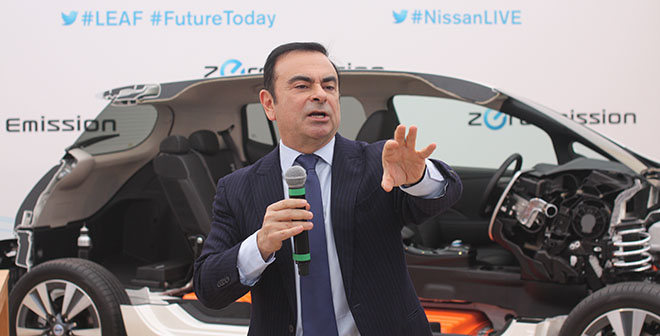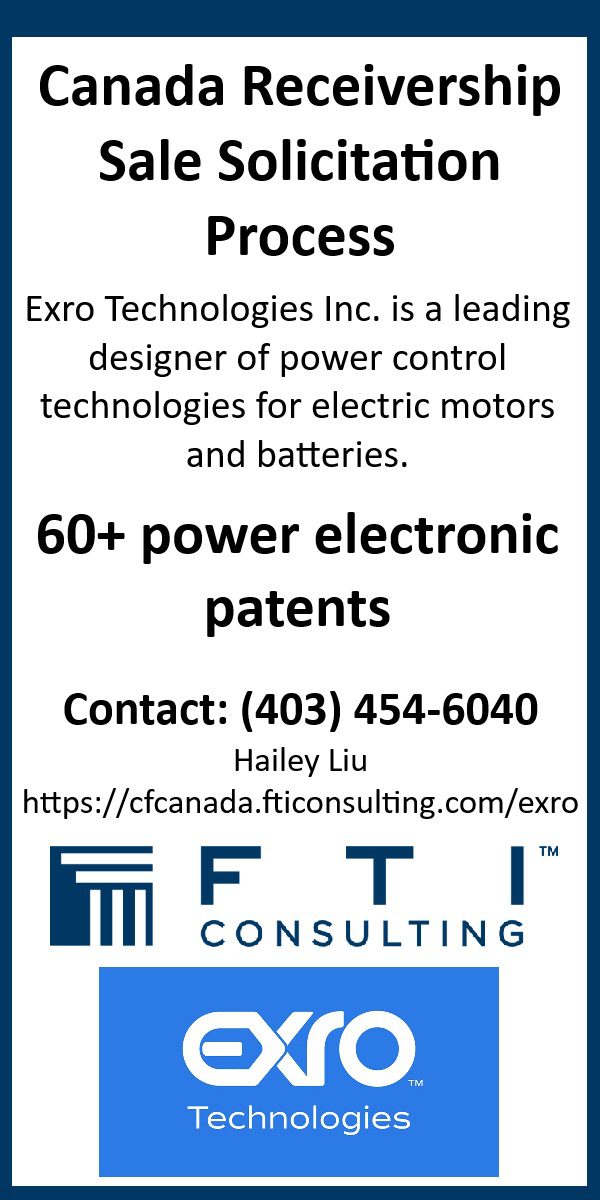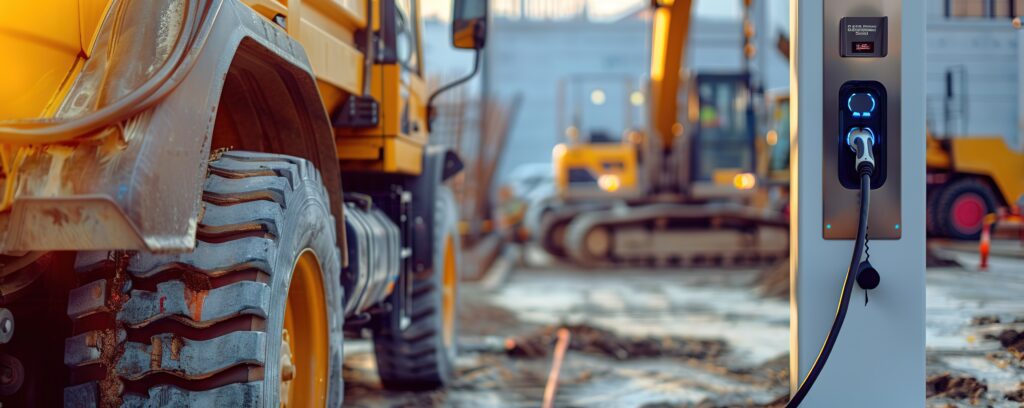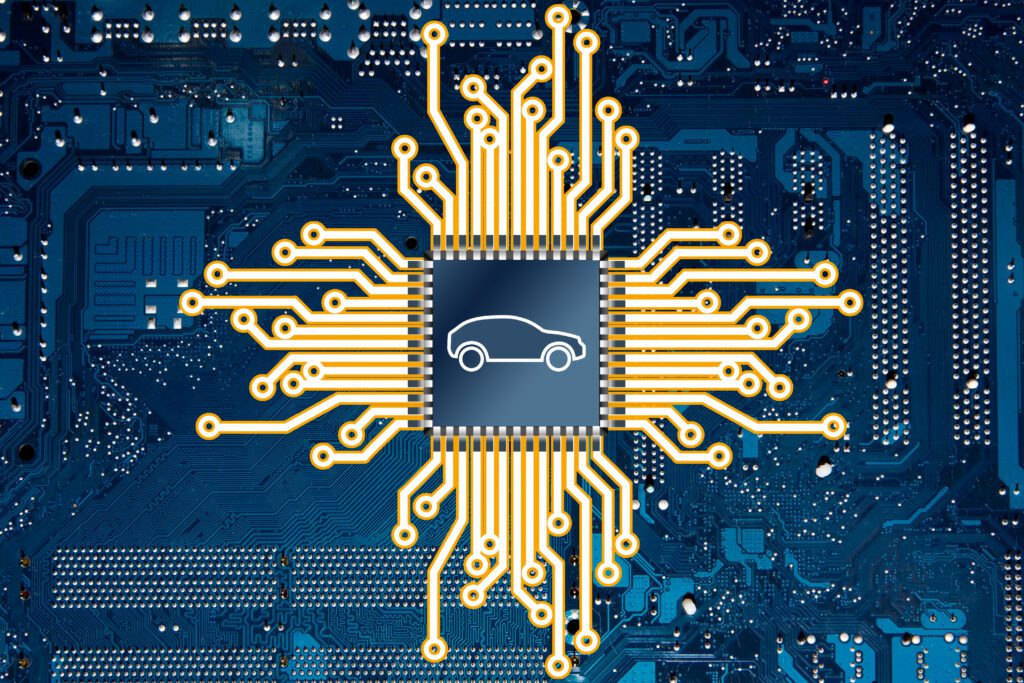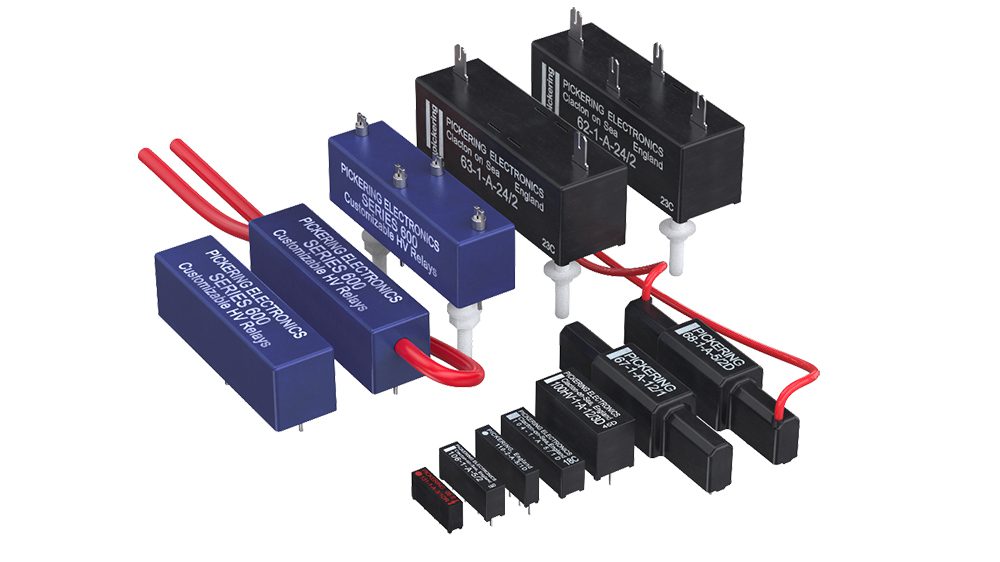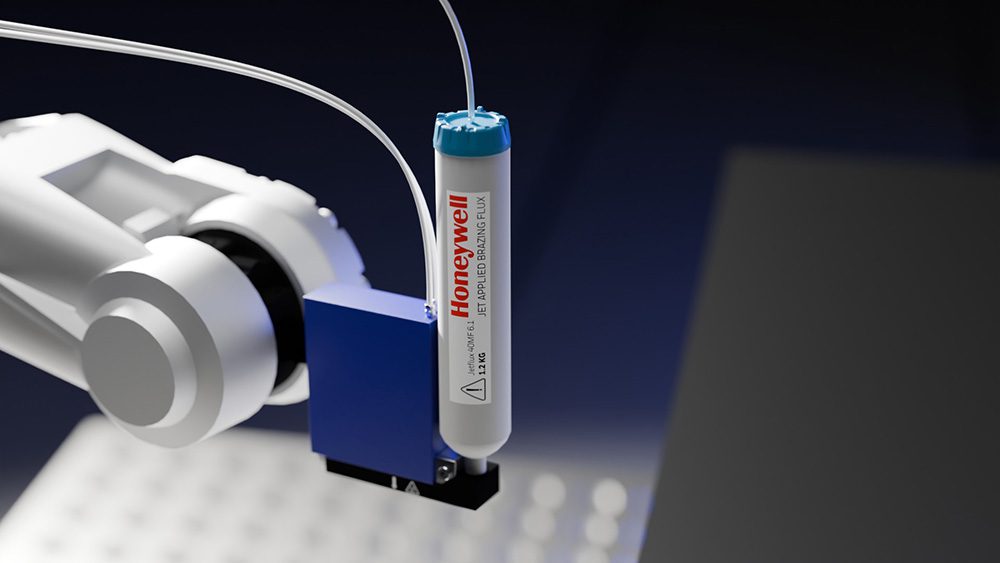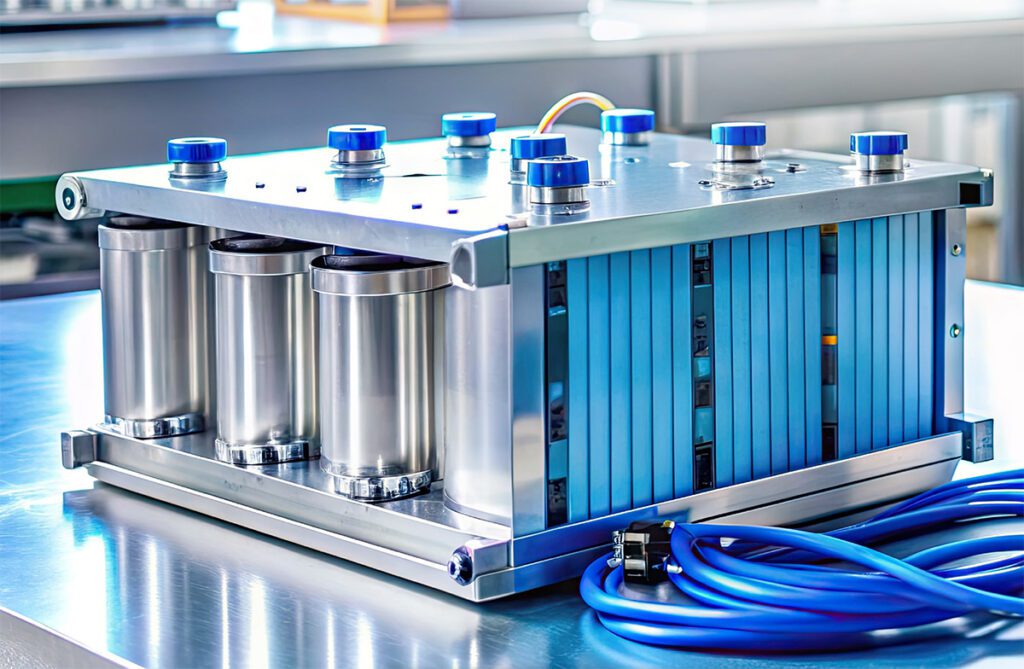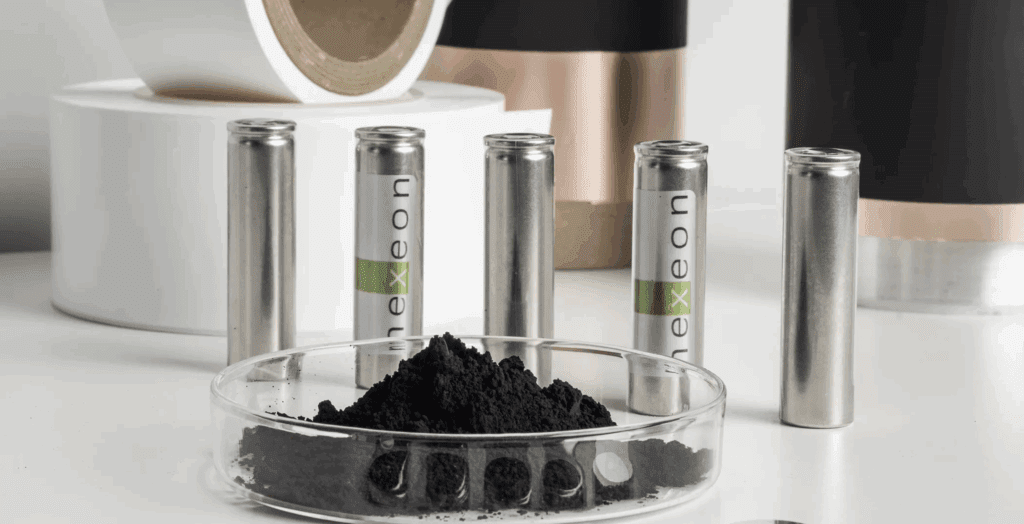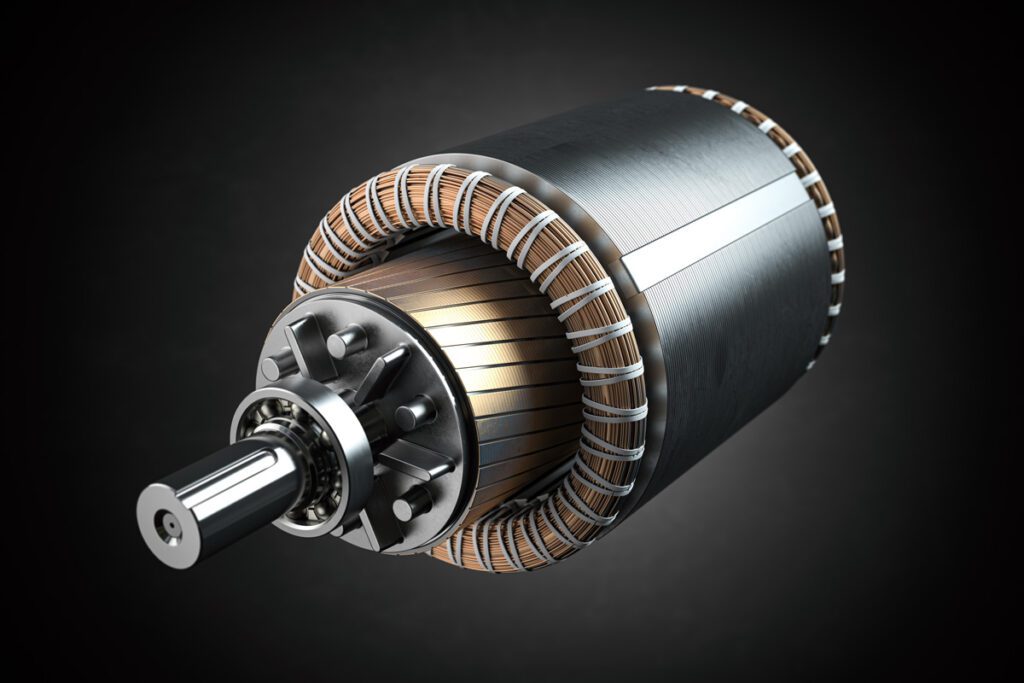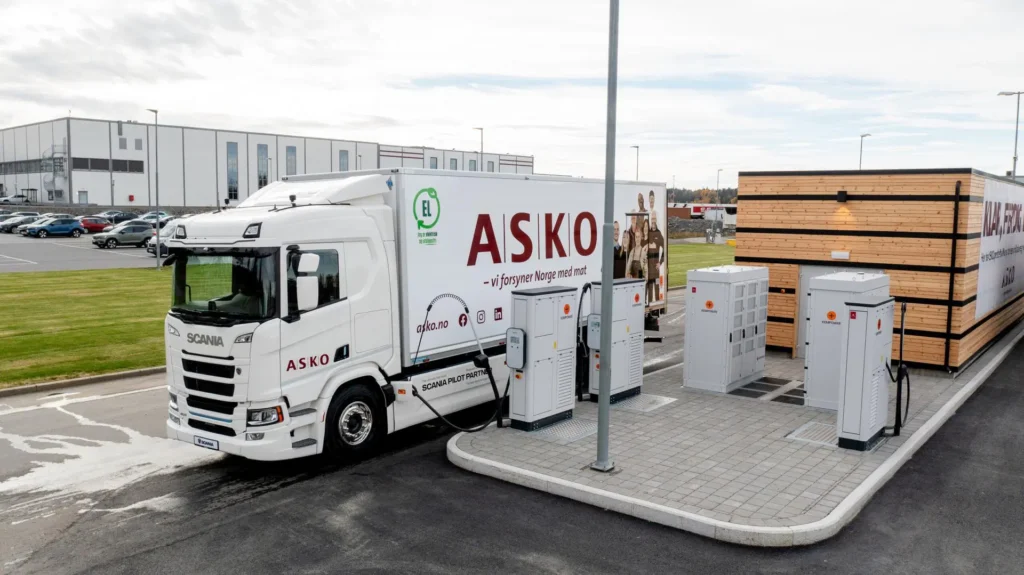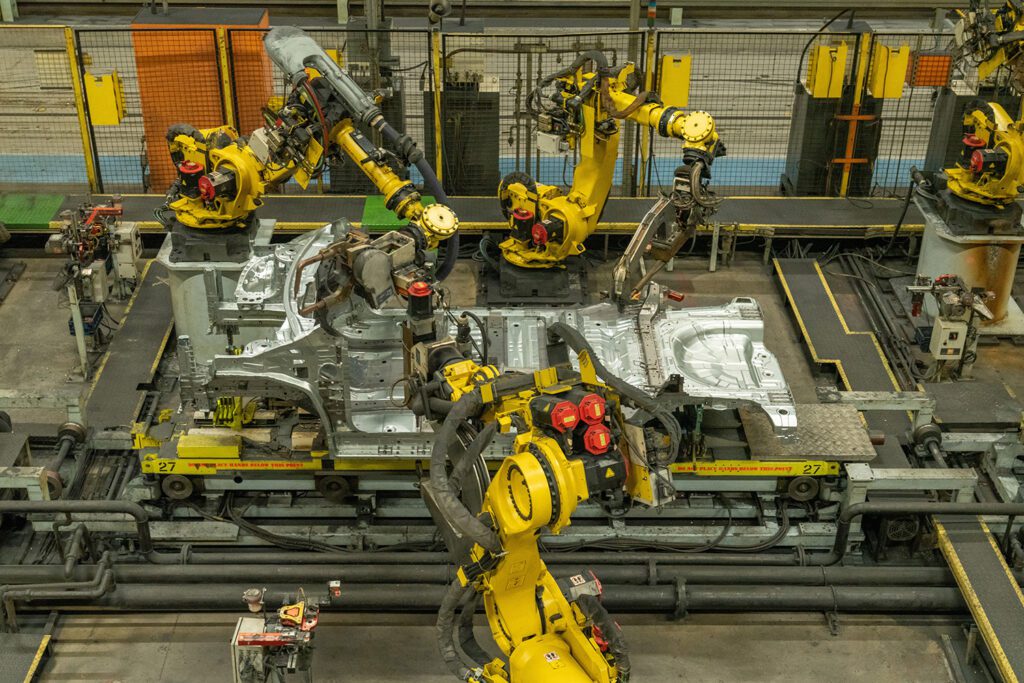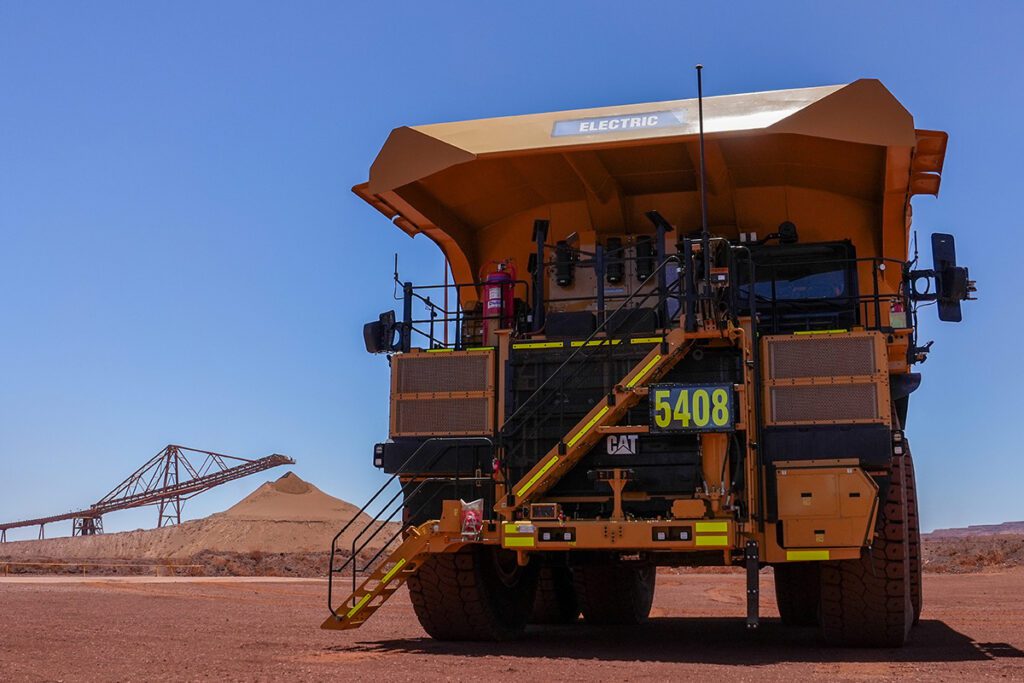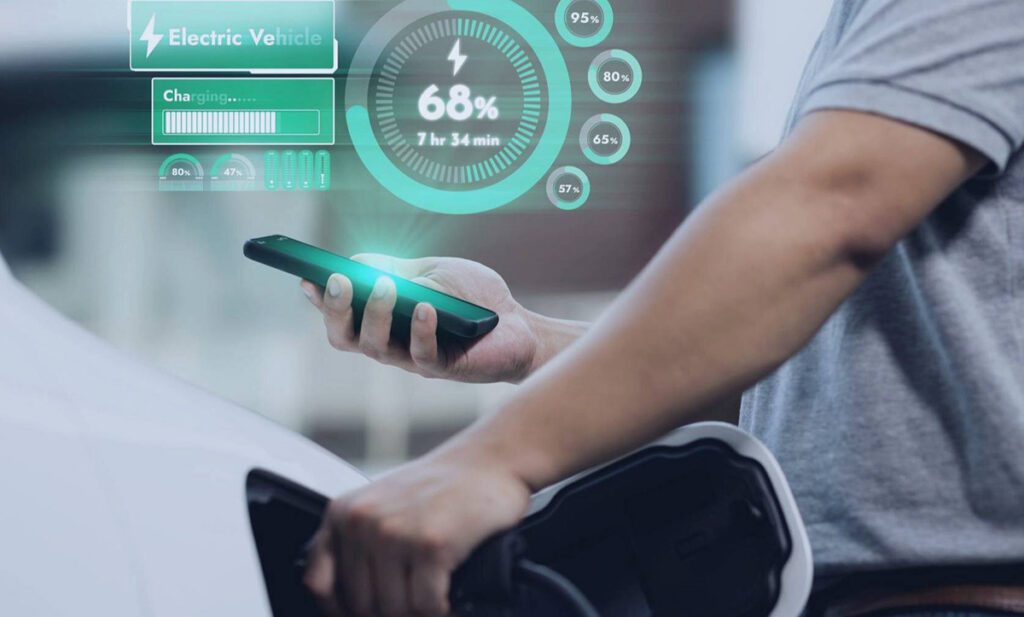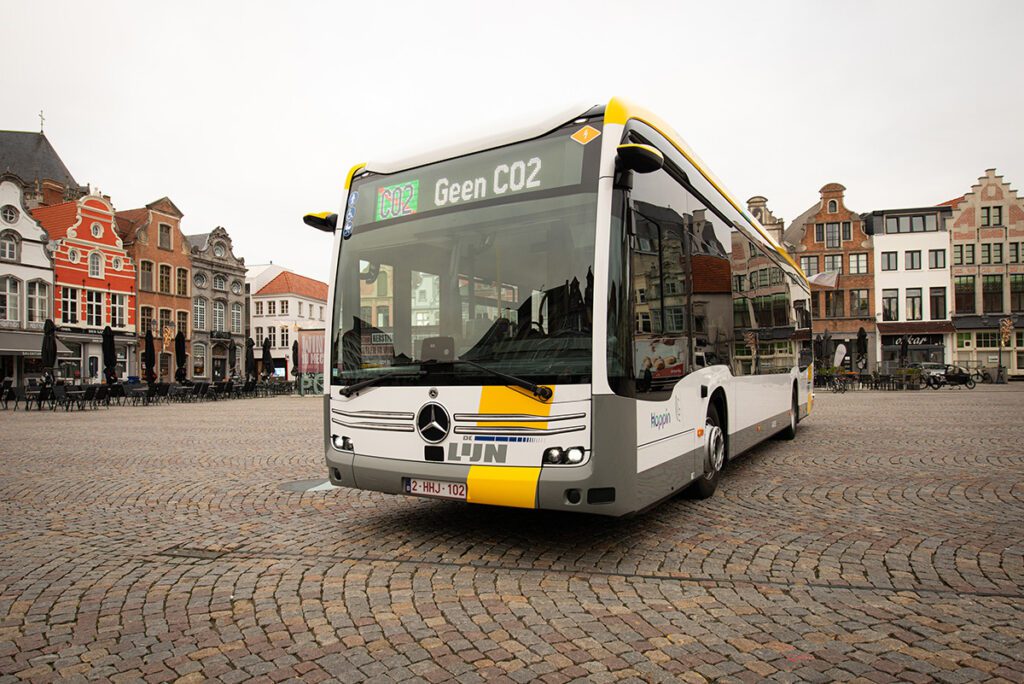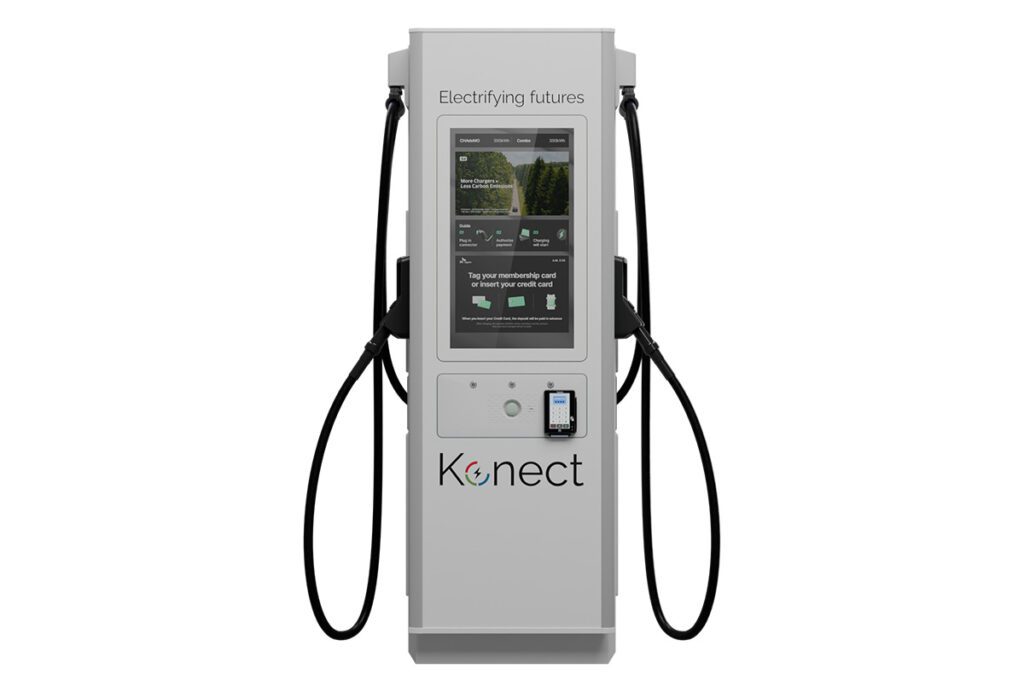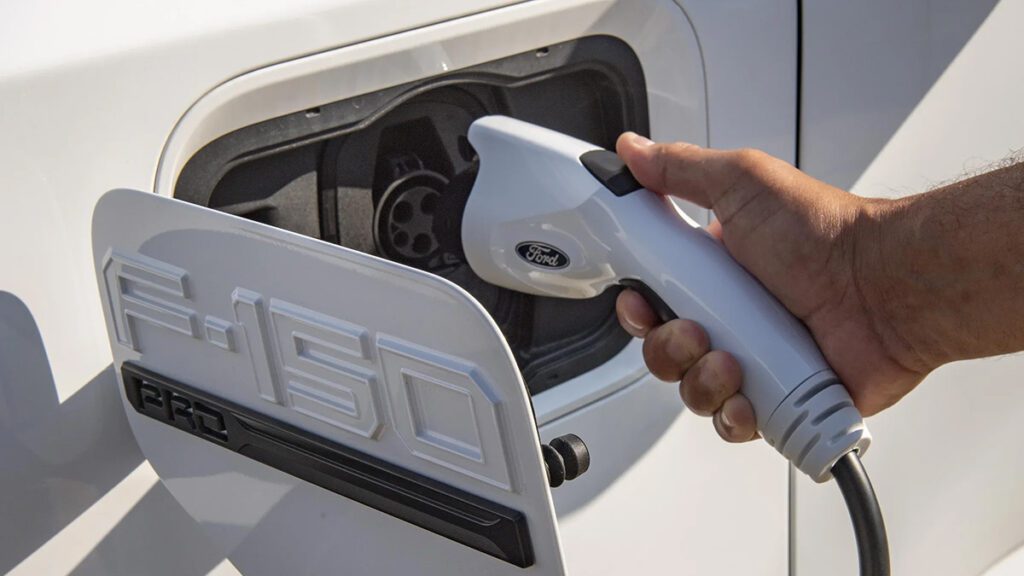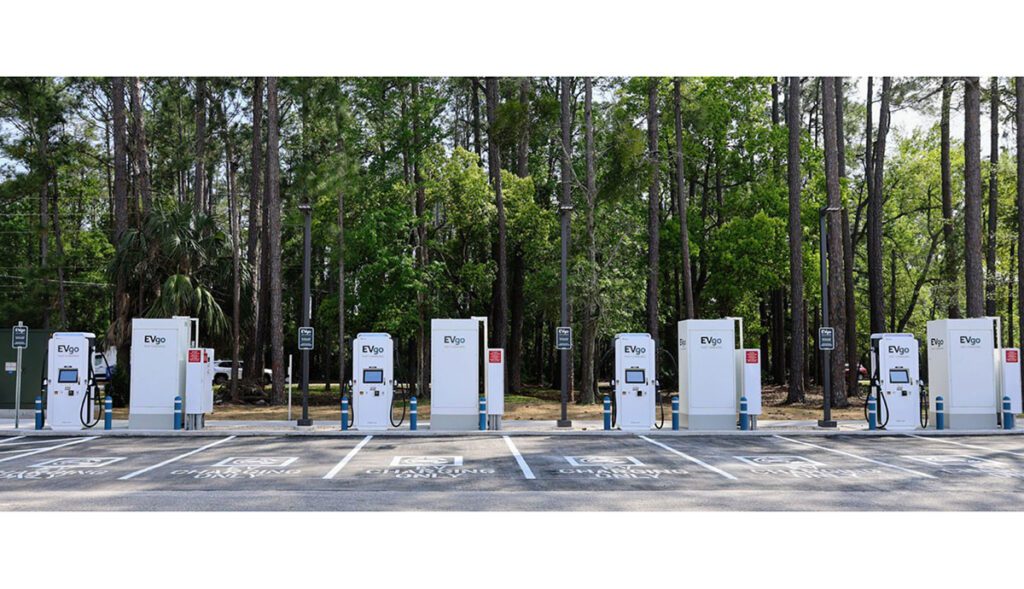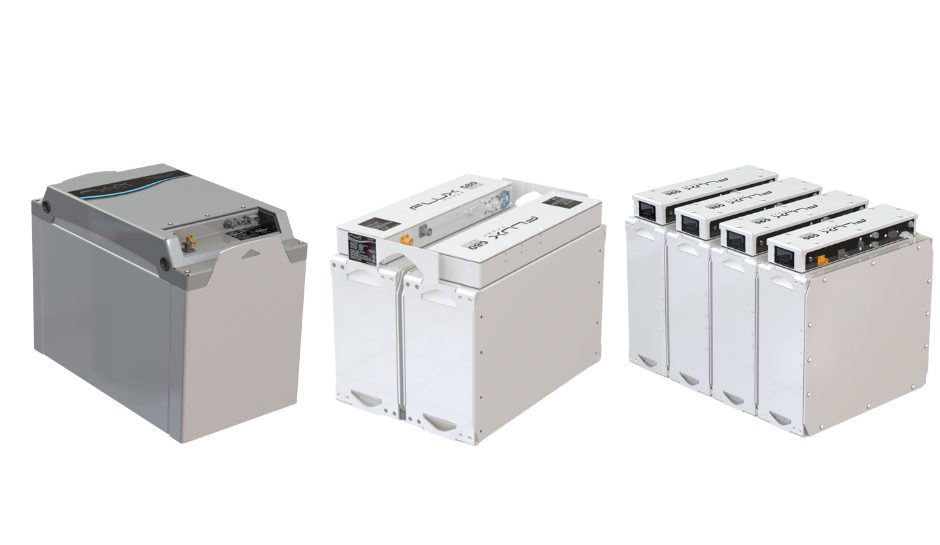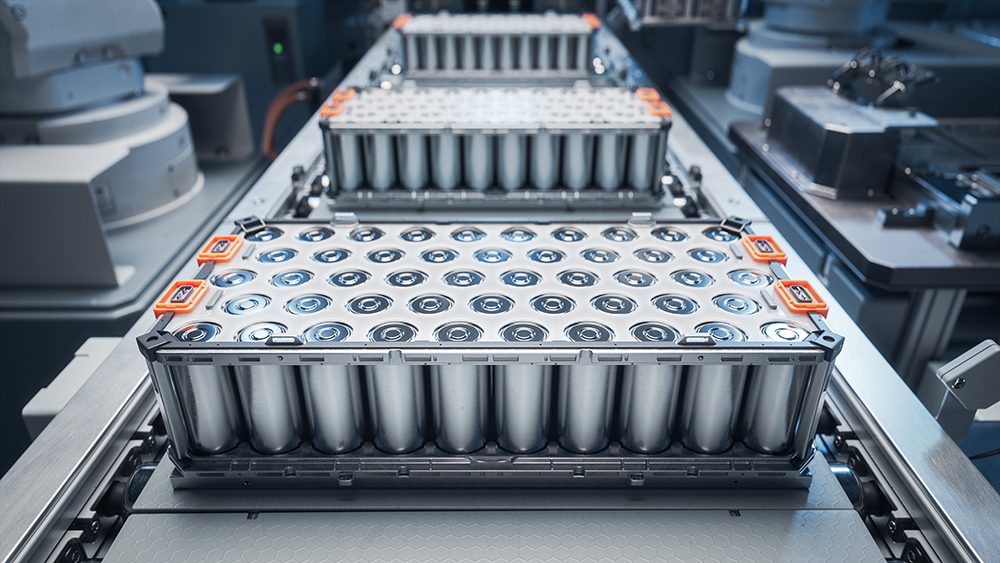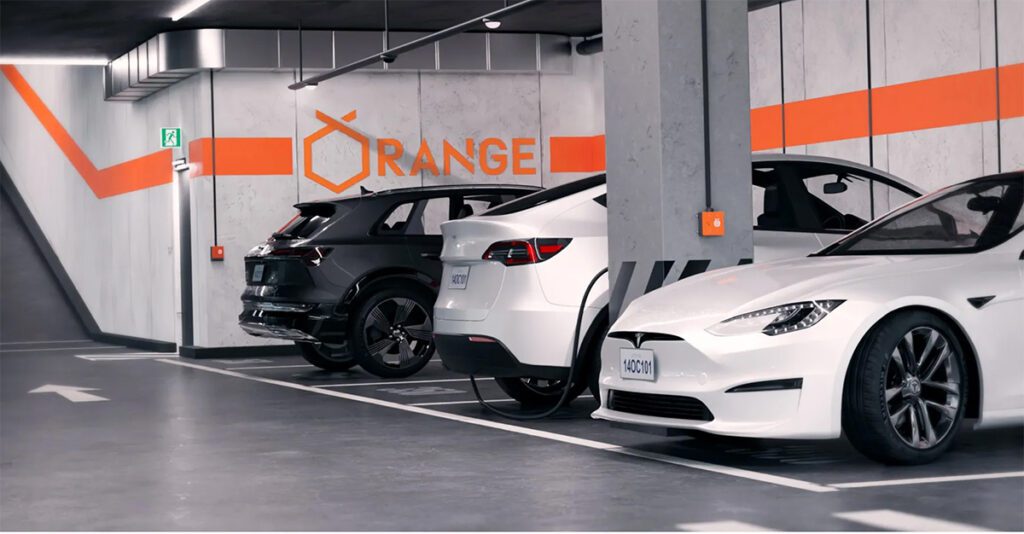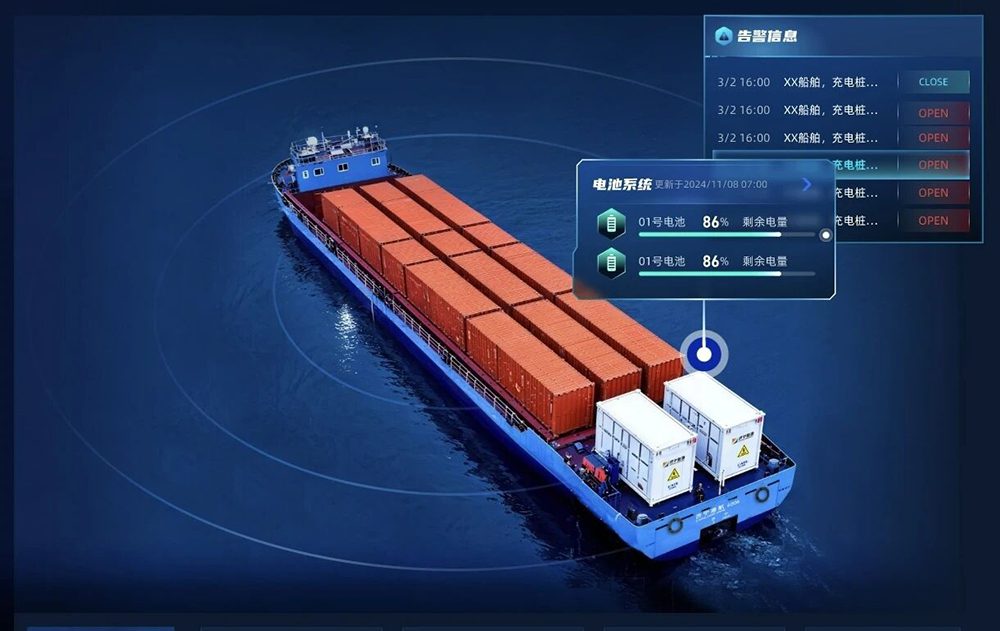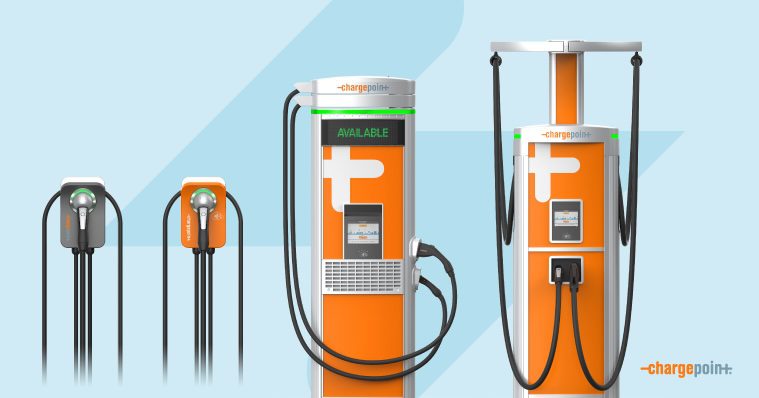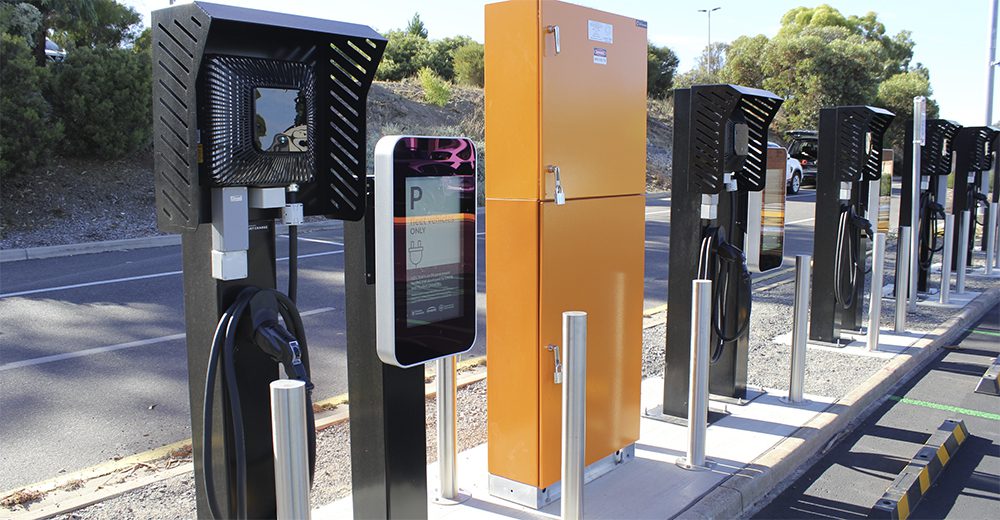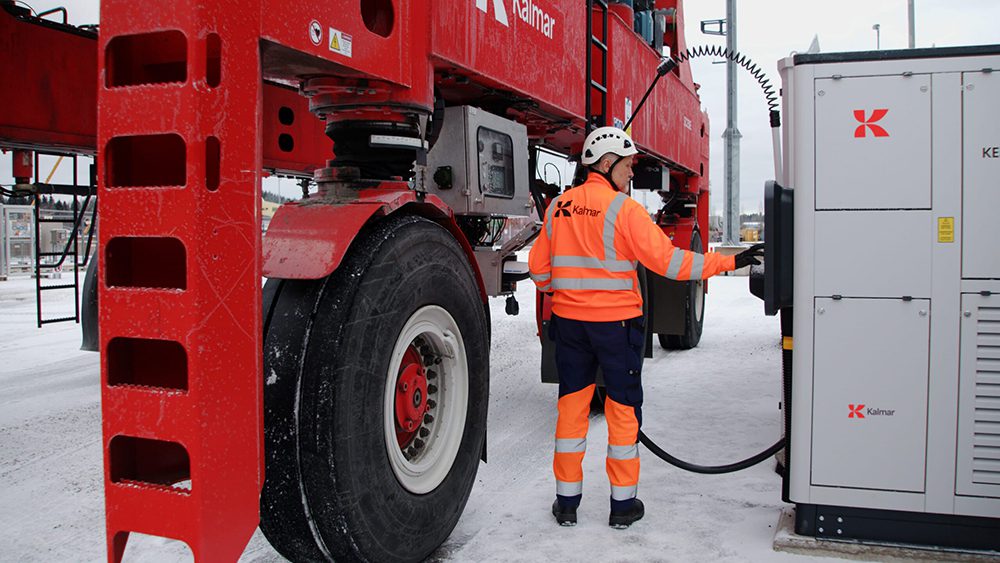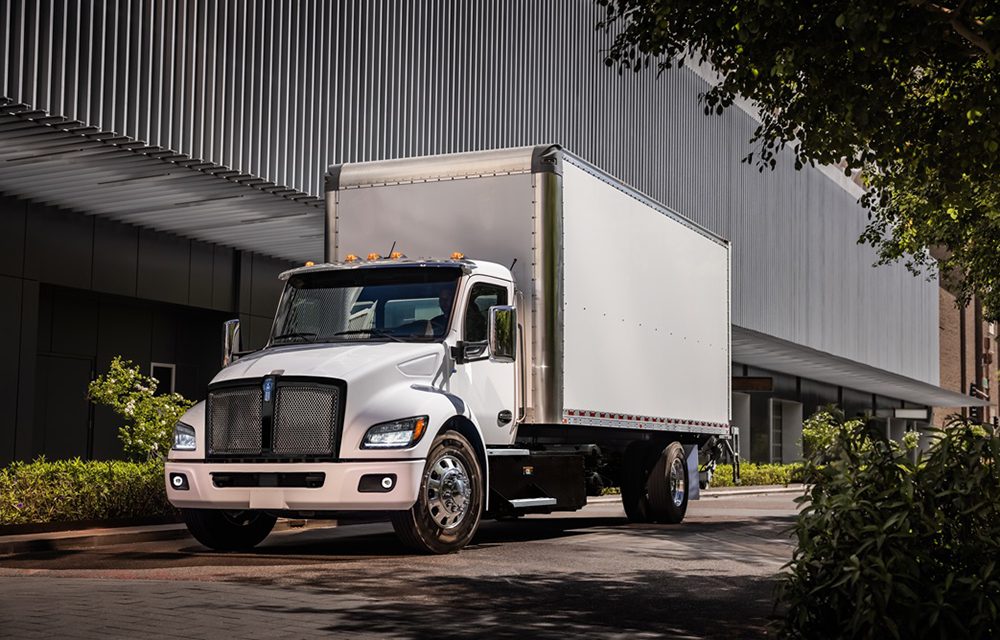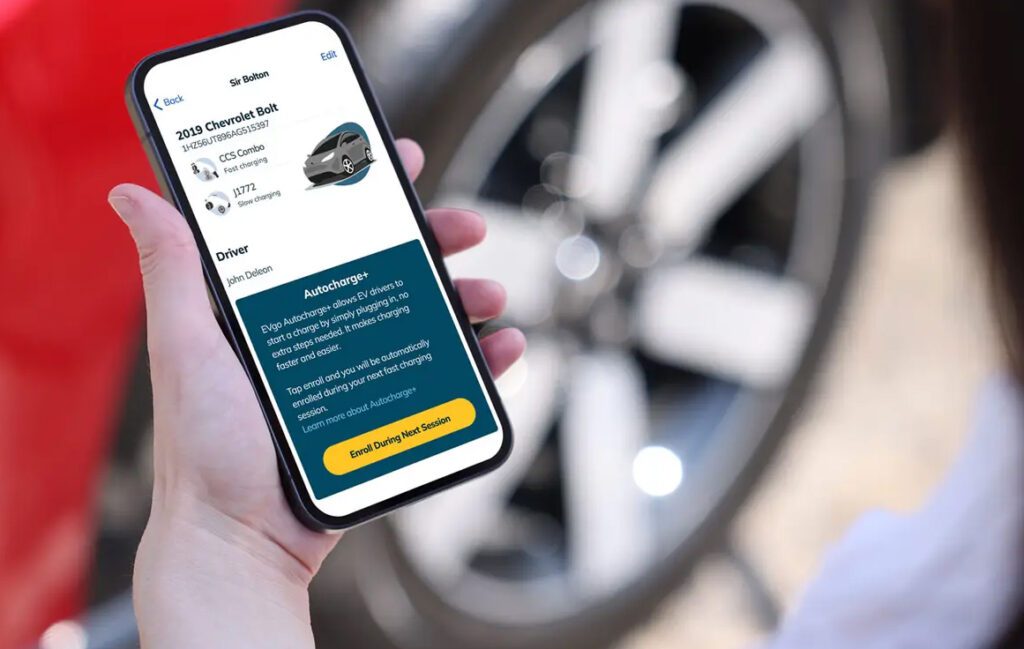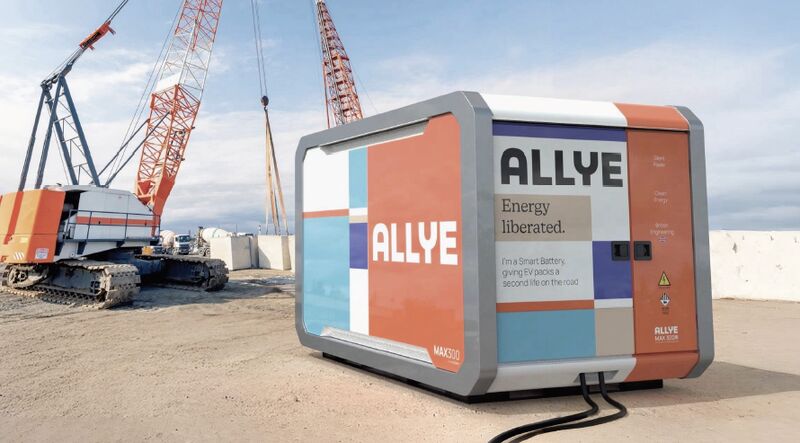There’s been a lot of talk lately about whether automakers that aren’t named Tesla are truly committed to zero-emission vehicles. Yes, they’re building EVs, but many observers believe that this has more to do with government regulations than customer demand – a controversial article in The Detroit News recently made this point.
At the North American International Auto Show currently underway in Detroit, several new plug-in models are on display – and so are several different opinions about the future of EVs.
Fiat Chrysler CEO Sergio Marchionne, a longtime plug-in skeptic, fears that vehicle electrification will cause automakers to lose control of their business as they farm out the manufacture of integral components like electric motors and batteries to suppliers.
Carlos Ghosn, the CEO of Renault Nissan and an EV visionary, has a different view. “We are the last person to tell you that electrification is a risk, because we have taken the initiative with electric cars, and to move in this direction to build motors and to build batteries, and in a certain way open the batteries for other suppliers,” said Ghosn during a Q&A session with journalists. “We have our own battery, but at the same time we buy batteries from LG Chem.”
“I think electrification is not a question of ‘I want it or don’t want it.’ Electrification is happening,” said Ghosn. “We are obviously precipitating it. We are accelerating it, because we believe in it. We can’t just say there is a risk behind electrification – the risk is not to partner or not to participate, or to contribute, or to understand. The trend is coming.”
RELATED: GM Exec says low oil prices won’t stop plans for electrification, MPG targets make it inevitable
Ghosn acknowledges that governments, not consumers, are leading the way. “Zero emissions – it is something that many governments want to see happen. And it’s going to take some time before the consumers jump into it. But frankly everything…is pointing to the fact that it is going to be impossible to reach the [emissions] levels which are required without a strong contribution from zero emission.”
Ghosn seems confident that car buyers will eventually come around, as they have many times in the past in relation to innovations that government regulators pushed (and automakers resisted). Buyers are conservative, he says, but they do anticipate future trends in the auto market and act accordingly.
“For example, let’s take the case of diesel in Europe [which] has grown a lot for many years – it represents more than 50% of the market. I don’t think that was because there was a market demand for diesel. In fact the regulators and the governments put so much incentive behind diesel that it ended up being 50% of the market. You can’t say it was consumer-driven. It was generated by…good direction provided by different European governments.”
Consumers are still skeptical about EVs, says Ghosn, due to high prices and a lack of charging infrastructure. But “when you start to see the infrastructure put in place, the range of electric cars going up, the cost of electric cars going down, I can bet that you’re going to see a major shift towards electric cars.”
SEE ALSO: Carlos Ghosn’s Face Shows Nissan’s Reaction To 2017 Chevy Bolt EV (Green Car Reports)
Sources: Renault Nissan, Financial Times, The Detroit News
Images: Norsk Elbilforening (CC BY 2.0)




